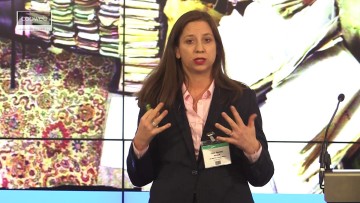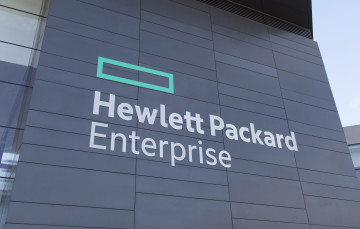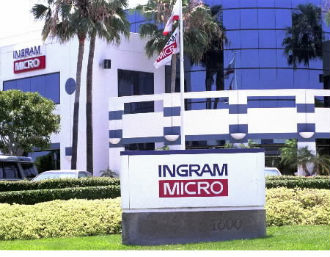 Software king of the world, Microsoft, has told its channel chums to pass on the price increases of its surface gear.
Software king of the world, Microsoft, has told its channel chums to pass on the price increases of its surface gear.
The move is expected to cause a few headaches as resellers will be the ones left explaining why prices have risen.
The reason is the value of the pound and the Brexit tax. There have been some price rises already with the large hardware vendors passed on the currency fluctuations but now everyone is having to do it. This is mostly because the only thing that is selling for 90 euro cents a pound turns out to be the pound.
Vole has said that it is increasing hardware prices on the Surface and the Surface Book by 15 percent, as a direct consequence of the state of Sterling.
The vendor has given the channel some leeway on exactly how much it will pass on those increase, but really a 15 percent increase is about the only way it can happen.
A spokes Vole said that the price increases only affect products and services purchased by individuals, or organisations without volume licensing contracts and will be effective from February 15, 2017.
“For indirect sales where our products and services are sold through partners, final prices will continue to be determined by them,” it added.
Microsoft is doing its best to encourage the channel to sell more of its Surface line. Schemes like a try-before-you-buy and increased services have all launched in the last few months to tempt more users.
Other vendors that have looked at prices include HP and Apple and earlier this week the speaker manufacturer Sonos revealed that it was also increasing the costs for customers because of exchange rates.
Still at least the UK can be re-assured that as soon as the UK gets out of the EU more than $380 million a week will be spent on the National Health Service.

















